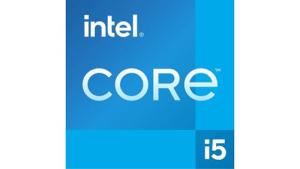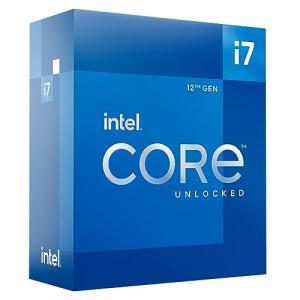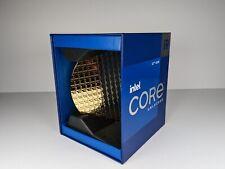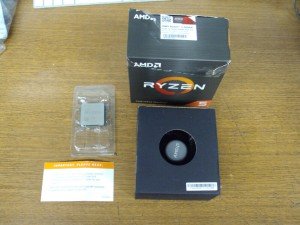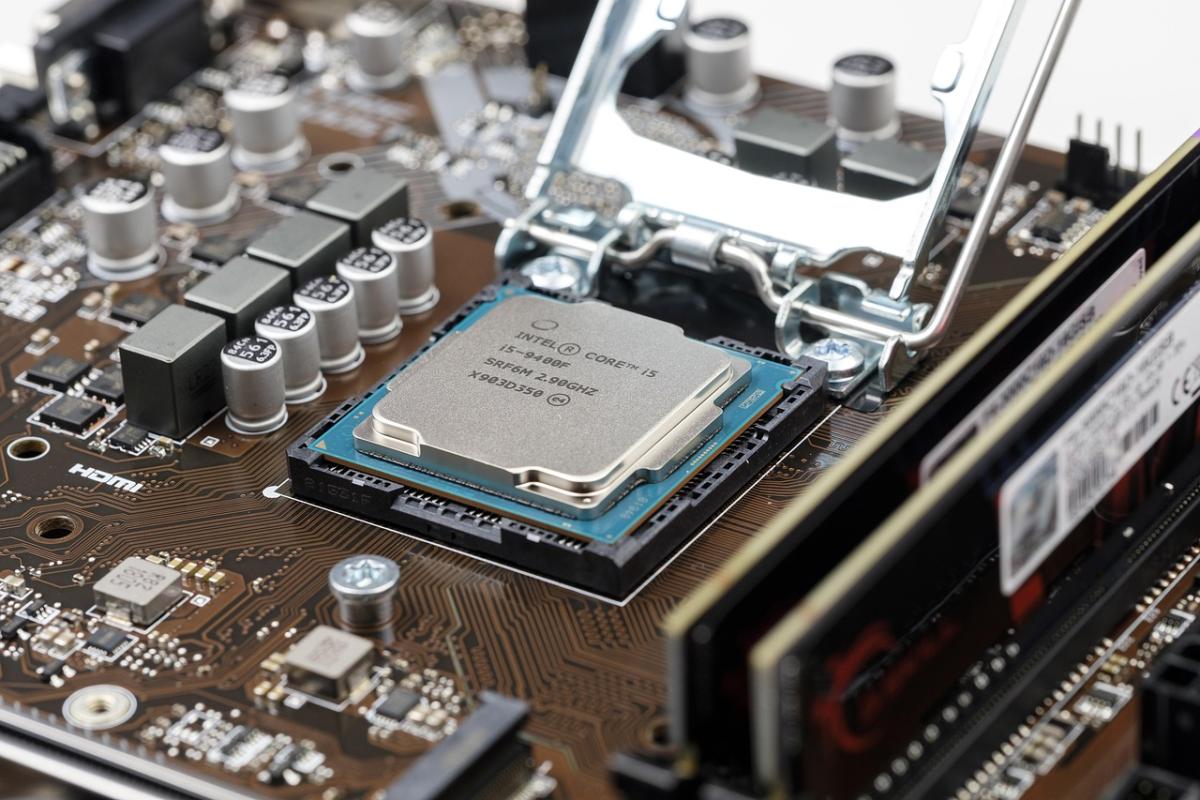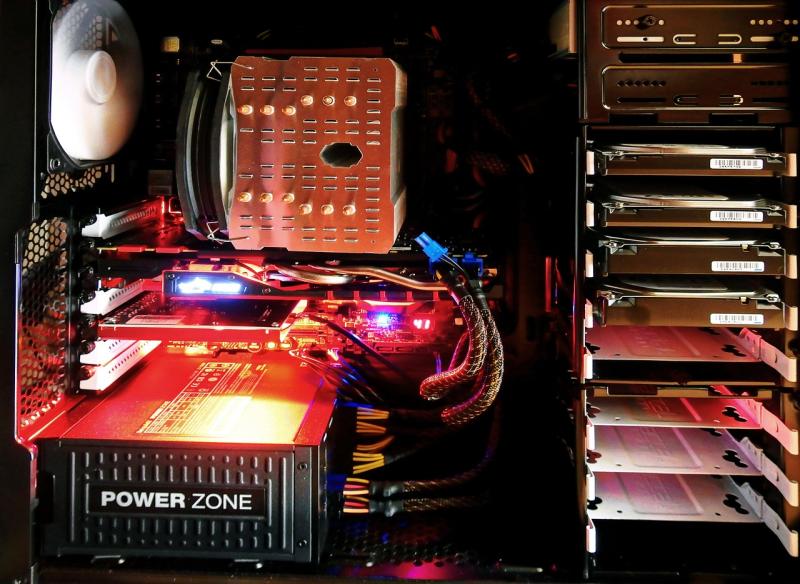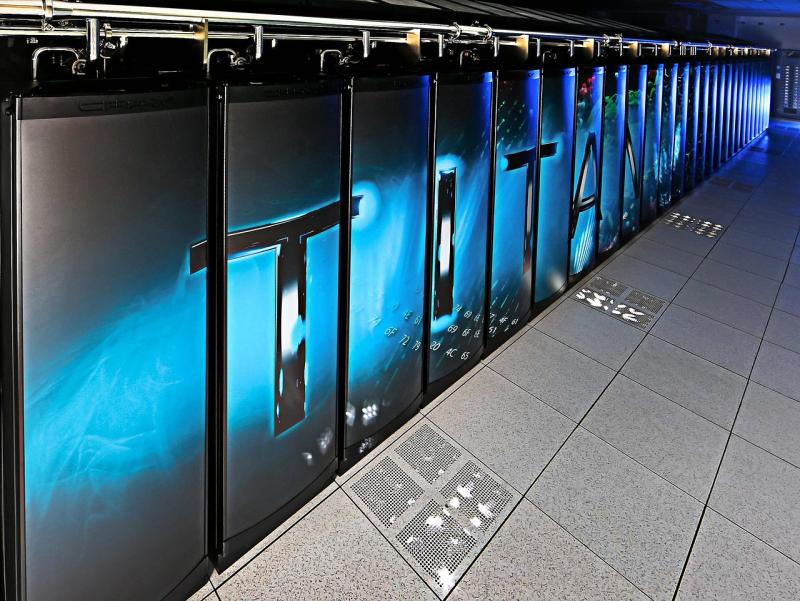**Processors: The Heart of Modern Computing**
Processors, commonly referred to as Central Processing Units (CPUs), are the fundamental building blocks of modern computers. Often described as the "brain" of a computer, processors play a vital role in executing instructions, enabling applications, and driving the performance of all digital devices. This essay explores the architecture, functions, types, and impact of processors, shedding light on their indispensable role in the world of technology.
---
### **Understanding Processors**
At their core, processors are intricate chips designed to execute a sequence of instructions that form the basis of any computing task. Each processor consists of billions of tiny transistors embedded on silicon wafers, working together to perform calculations at incredible speeds. Processors operate in cycles, where they fetch, decode, and execute instructions stored in memory, thereby facilitating the operation of software and hardware.
The key components of a processor include:
1. **Arithmetic Logic Unit (ALU)**: Handles mathematical calculations and logical operations.
2. **Control Unit (CU)**: Directs the flow of data and coordinates operations between hardware components.
3. **Cache Memory**: Temporary storage for frequently accessed data, reducing the time needed to fetch information from main memory.
---
### **Functions of a Processor**
Processors are responsible for three primary functions:
1. **Computation**: Performing arithmetic and logical operations to solve problems and process data.
2. **Coordination**: Managing communication between hardware components like memory, input/output devices, and storage.
3. **Execution**: Running programs and software by interpreting and executing a series of instructions.
These functions make processors indispensable in devices ranging from personal computers and smartphones to embedded systems like cars and industrial machines.
---
### **Types of Processors**
Processors are categorized based on their architecture, purpose, and capabilities:
1. **General-Purpose CPUs**: Found in desktops, laptops, and servers, these processors are versatile and capable of handling a wide range of tasks, from simple browsing to complex data analysis.
2. **Graphics Processing Units (GPUs)**: Specialized processors designed for rendering images and videos. GPUs are increasingly used for parallel computing tasks like artificial intelligence and machine learning.
3. **Mobile Processors**: Optimized for energy efficiency, these processors are found in smartphones, tablets, and portable devices.
4. **Embedded Processors**: Integrated into specific systems like appliances, automobiles, and medical devices, these processors handle dedicated tasks.
5. **Server Processors**: High-performance CPUs built for enterprise applications and data centers, capable of handling massive workloads and multitasking.
---
### **The Evolution of Processors**
The history of processors is a testament to rapid technological advancements. Starting from the Intel 4004, the first commercially available microprocessor in 1971, to modern multi-core processors like AMD's Ryzen and Intel's Core series, the journey has been marked by exponential growth in speed, efficiency, and power. Moore’s Law, which predicted the doubling of transistors on a chip approximately every two years, has guided this evolution, leading to faster and more capable processors.
---
### **The Impact of Processors**
Processors have revolutionized every aspect of modern life. In personal computing, they enable tasks like video editing, gaming, and software development. In scientific research, processors power simulations, calculations, and data analysis, driving discoveries in fields like genomics and climate science. In industry, processors automate workflows, optimize logistics, and enhance manufacturing efficiency.
Furthermore, processors have unlocked the potential of artificial intelligence and machine learning, allowing machines to analyze massive datasets, recognize patterns, and make predictions. They are also the cornerstone of emerging technologies like autonomous vehicles, augmented reality, and the Internet of Things (IoT).
---
### **Challenges and Future of Processors**
Despite their immense capabilities, processors face challenges like heat generation, energy consumption, and physical limitations to miniaturization. Manufacturers are exploring alternative materials, architectures, and techniques to address these issues, including quantum computing, neuromorphic processors, and three-dimensional chip designs.
Looking ahead, processors will continue to play a central role in shaping the future of technology. As computation becomes more sophisticated, processors will unlock new possibilities, transforming industries and enhancing human experiences.
---
**Conclusion**
Processors are the driving force behind modern computing, enabling innovations and transforming lives. From the smartphones in our pockets to the supercomputers solving global challenges, processors are at the heart of it all. As we look to the future, the evolution of processors promises to deliver even greater advancements, solidifying their position as one of humanity’s most significant technological achievements.
Processors The Heart of Modern Computing
Processors for Modern Computing
Related Articles
Essential High-Performance PC Components You Need Now
Upgrade your setup with the must-have parts for unbeatable gaming and productivity
Top Picks for Best High-Performance PCs
Find the perfect power machine for gaming, work, or creative projects
Your Guide to the Best High-Performance PCs
Find the Right PC for Your Gaming and Creative Needs
View our related products
See more